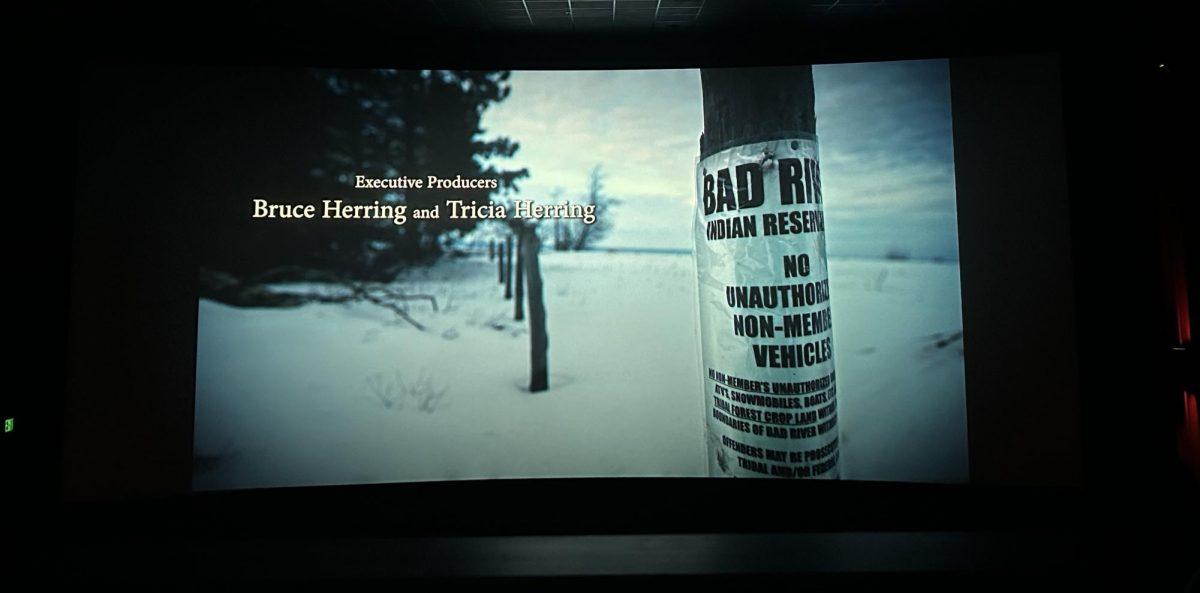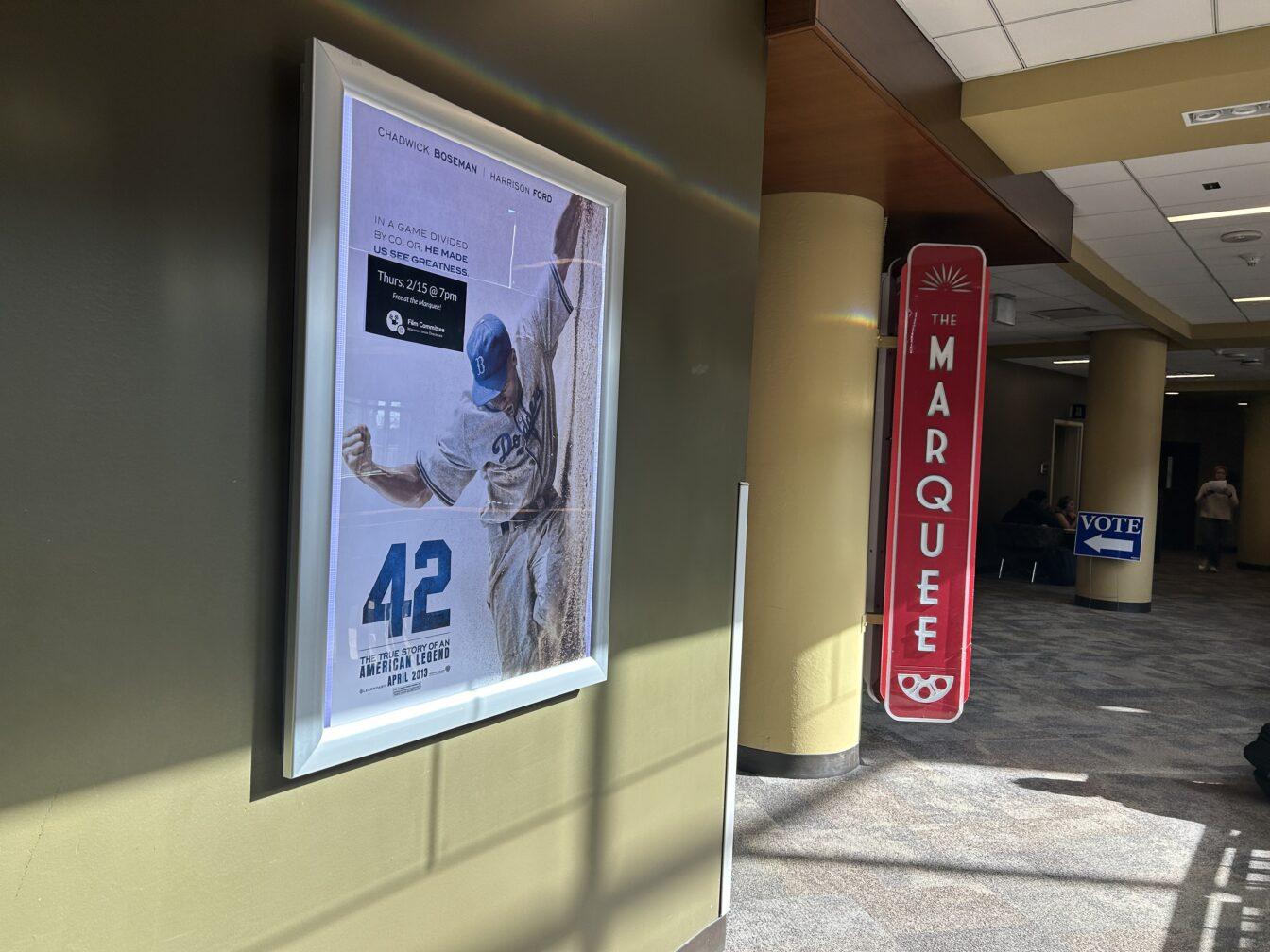Sept. 28, Netflix is set to release “Blonde,” a Netflix-produced Marilyn Monroe biopic starring Ana De Armas as the iconic actress. The movie is rumored to focus on Monroe’s life outside of the spotlight as Norma Jeane Mortenson.
At first glance, the movie screams Oscar bait, but when news broke of the NC-17 rating placed on the film, the outlook of the movie changed completely. In fact, “Blonde” was filmed all the way back in 2019, before the pandemic and well before De Armas broke onto the scene as a mainstream actress.
The film’s reliance on sexual content was highly contested for years between Netflix and the movie’s director, Andrew Dominik, a well-respected Australian director who has certainly garnered a reputation for his raw style of filmmaking. In an interview with ScreenDaily, Dominik had some choice words for the NC-17 rating.
“It’s a demanding movie,” Dominik said. “If the audience doesn’t like it, that’s the … audience’s problem.”
Dominik certainly has a reason to be angered with the rating assigned by the Motion Picture Association of America. For one thing, an assigned NC-17 rating is incredibly rare.
Most importantly, NC-17 ratings are known as “the kiss of death” for box office performance. The best performance from an NC-17 rated film was 1995’s “Showgirls,” which recouped $20.4 million of its $45 million budget.
With the movie rolling out for public release on Netflix this Friday, De Armas went on the record calling the film’s rating unwarranted while further echoing the challenge of creating a film that captures the hardships Mortenson experienced.
As predicted, early critic reviews of the film make it out to be an incredibly divisive piece.
“With a passion that’s inquisitive, nearly meditative, and often powerful, ‘Blonde’ focuses on the mystery we now think of when we think of Marilyn Monroe,” Owen Gleiberman of Variety said.
On the other hand, the film has also received a lot of criticism as it relates to its raw portrayal of Mortenson’s personal vices and struggles and consequently not enough attention or praise on the symbol she built for herself and women across America.
K. Austin Collins of Rolling Stone said, “It leaves too little room (despite its two hour and 40 minute runtime) to reconcile the fuller reality of this woman.”
We will see how audiences react to the controversial film when it is released later this week.




















